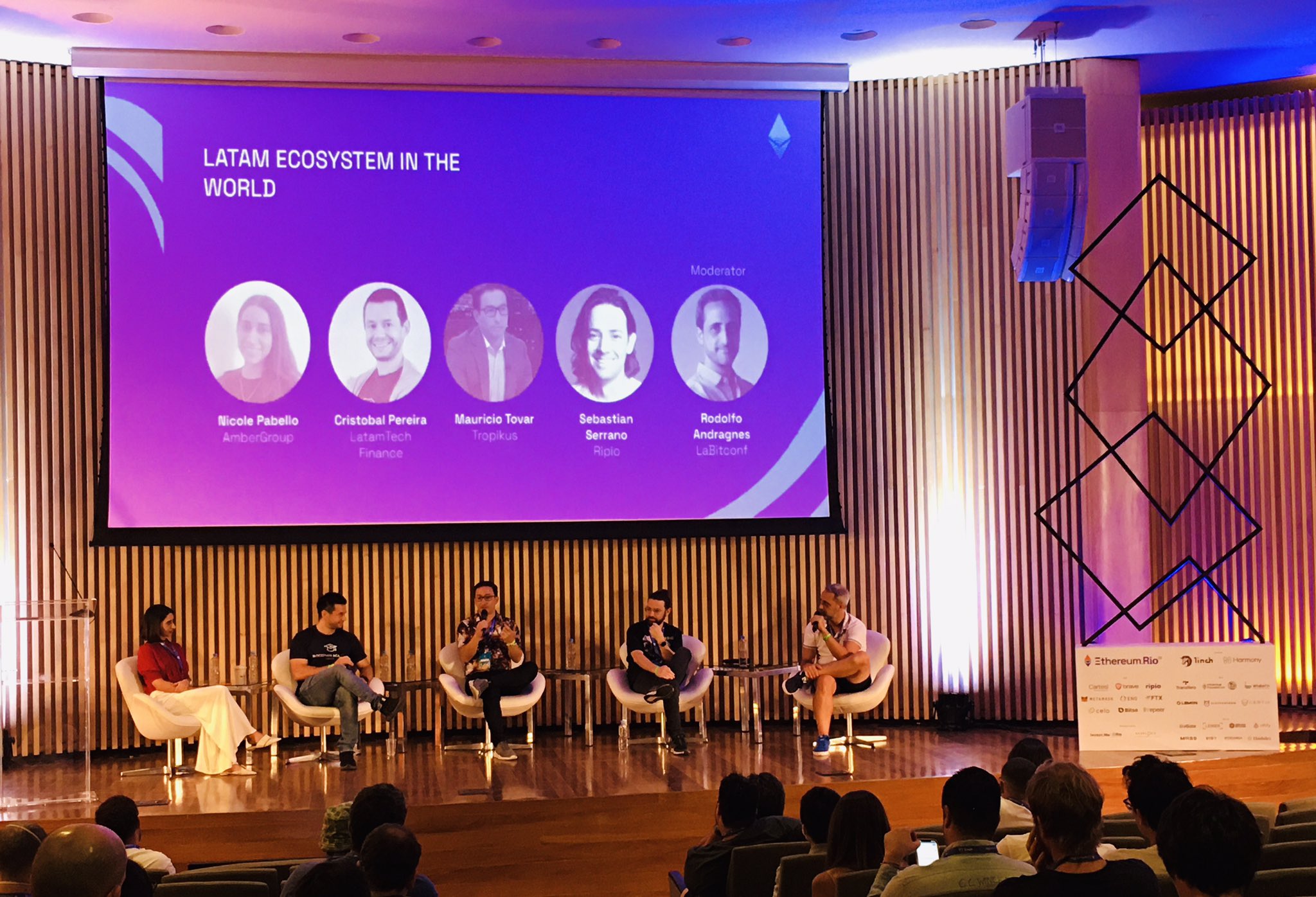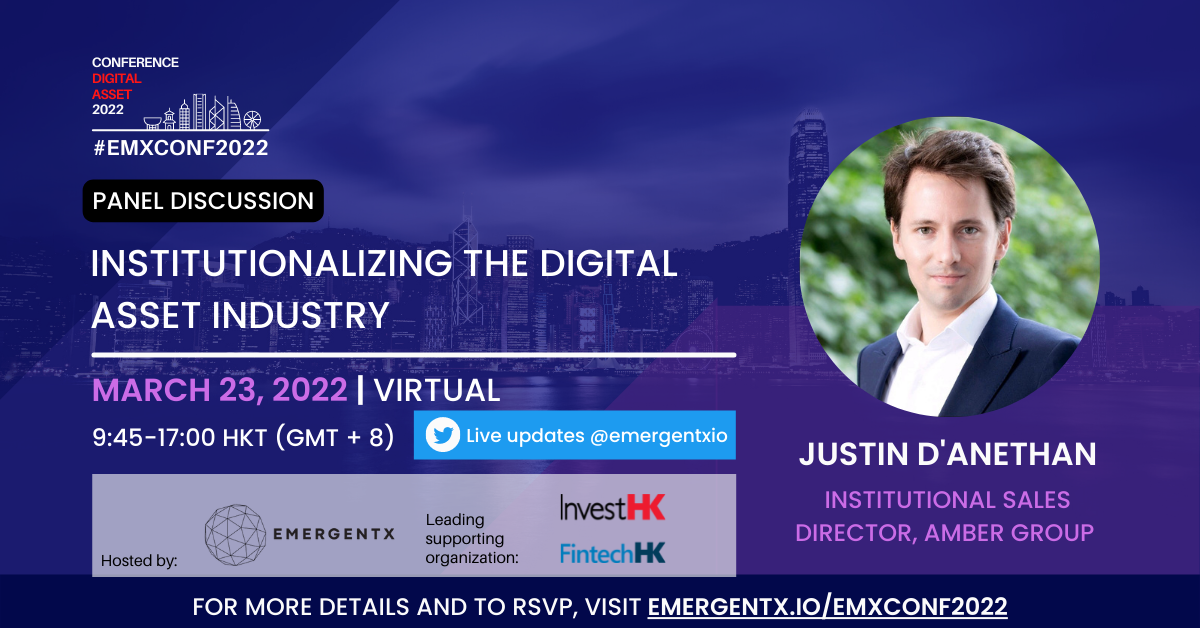Nigeria is ranked as Africa’s largest country with the most crypto traders and ranks third globally. The country accounts for the largest volume of cryptocurrency transactions outside the United States. In the last six months, it has been recorded that about 35% of the Nigerian population has traded cryptocurrency.
As encouraging as these numbers may be, Nigeria, as an environment, has been very unfriendly to cryptocurrency and its related aspects. Last year, the Central Bank of Nigeria ordered all commercial banks and lenders to stop transactions or operations in cryptocurrencies, citing a significant threat to the country’s financial system.
The ban on cryptocurrency in Nigeria was big negativity to the Nigerian youth, especially knowing that over 50 million of the population are involved in cryptocurrency. During this time, a lot of crypto trading platforms were shut down in the country. Also, many bank accounts suspected of dealing with cryptocurrency were locked, including their funds.
Even today (as of May 27, 2022), any bank transaction with a description or notes of “crypto,” “bitcoin,” “P2P,” or any crypto-related words will be locked away alongside the account(s).
The unfriendly treatment of cryptocurrency in the country is alarming. In the plight of making a positive solution, the community led to adopting systems where crypto traders could trade cryptocurrency without involving the bank.
Top 4 Problems Nigerians Face When Dealing with Cryptocurrency
-
Where to Buy or Sell Cryptocurrencies
Today, finding the right crypto trading platform that works for you significantly can be frustrating. Many cryptocurrency exchanges came into existence to aid in safer cryptocurrency transactions in the country. In this plight, some fraudulent platforms were made in disguise to exploit money from crypto investors. How would Nigerian crypto traders know which platform is genuine or not? With some checklists for selecting the best crypto exchange in Nigeria, you will be given key guidelines on how to choose the best place to sell bitcoin in Nigeria.
-
Speed of Transactions
A fast crypto transaction is important as the speed of cryptocurrency may block. Most times, transactions take hours to complete. Ideally, crypto transactions on regular crypto trading platforms take between 10 minutes to one hour. Surprisingly, some take over 5 hours. However, a few crypto transactions can take less than five minutes, depending on the app. In cases where we need transactions done quickly, or we accept crypto payments for your business, how do we intend to confirm payment before allowing customers to take their products? Should the customer wait for hours?
The speed of transactions has been a damaging factor for most Nigerian crypto traders. This has been a reason why many Nigerian companies find it difficult to accept cryptocurrency as payment options for their businesses.
-
High and Inconsistent Fees
Crypto transaction fees are another issue many Nigerians face. To really compare the best options for you, you have to look at the fees before and after conversion. What are the withdrawal fees, processing fees, and receiving fees,… These fees cause a huge discouragement in crypto trading in the country.
-
Limitations
It is saddening that many Nigerian crypto traders cannot make transactions because many of these crypto trading apps have put some limits on how much they can withdraw, receive, buy or sell. This breaches the purpose of cryptocurrency. Cryptocurrency has made it easy for people to send money from one place to another without a barrier. Why should I not be able to receive my funds because it is below your limit for withdrawal?
Limitations have made many Nigerians lose interest in cryptocurrency or lose their cryptos.
These factors, alongside many others, have caused the trading of cryptocurrency in Nigeria very difficult.
How Breet Solves Some of the Issues Nigerians Face in Cryptocurrency
Breet is an OTC crypto exchange platform that allows users and businesses who simply want to receive crypto and get a flat equivalent of their coin to convert their crypto to cash money immediately.
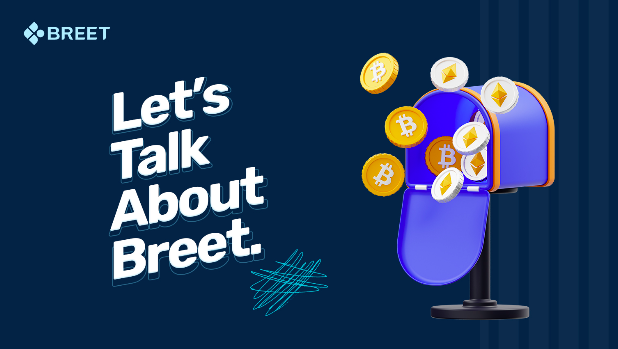
With Breet’s over-the-counter system, you are saved from the hassle of boring explanations of what and how crypto works and tedious illustrations of cryptocurrency market charts. Breet enables users to securely convert and withdraw their crypto coin to cash money in less than five(5) minutes without the use of peer-to-peer trading or any third-party agent.
Breet is a revolutionary new way to convert and withdraw your crypto coin without the need for peer-to-peer trading or any third-party agent. With just one click, you can have cash money in hand within five minutes.
With Breet, you can sell your cryptocurrency in less than 5 minutes. This is an incredible feature on its own, meaning businesses can now accept cryptocurrencies as payment options without having their customers wait for hours to confirm payment.
Breet is also completely free. There are no hidden charges, no withdrawal fees, no processing fees and no receiving fees. There are zero charges with Breet. Breet’s free usage solves the issue of high and inconsistent charges for many Nigerian crypto traders.
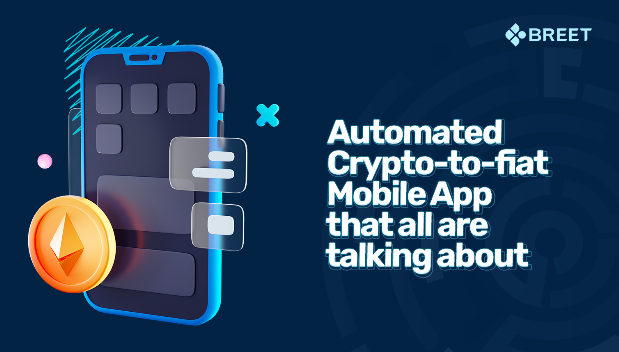
There is no limitation to how much you can receive or withdraw on Breet. You don’t have to have about 10,000 Naira worth of cryptocurrency before you can withdraw. You can even withdraw as low as 100 Naira with Breet Exchange.
Breet is simple, free and certified. There is not much sugar coating to tell before believing that Breet is, arguably, the best crypto trading platform in Nigeria currently. The incredible reviews on the Breet app give perfect evidence.
What more do you need? If not, a crypto exchange that makes crypto transactions easy and makes people happy. You should become a Breet user by downloading Breet mobile app available on all Android and iPhone devices.
Remember being a crypto trader in Nigeria can be challenging. This is why it is important for you to learn more about cryptocurrency and the latest news by doing your own research.


 News1 year ago
News1 year ago
 News2 years ago
News2 years ago
 News3 years ago
News3 years ago
 News2 years ago
News2 years ago
 News2 years ago
News2 years ago
 Sponsored Posts3 years ago
Sponsored Posts3 years ago
 News2 years ago
News2 years ago
 News2 years ago
News2 years ago






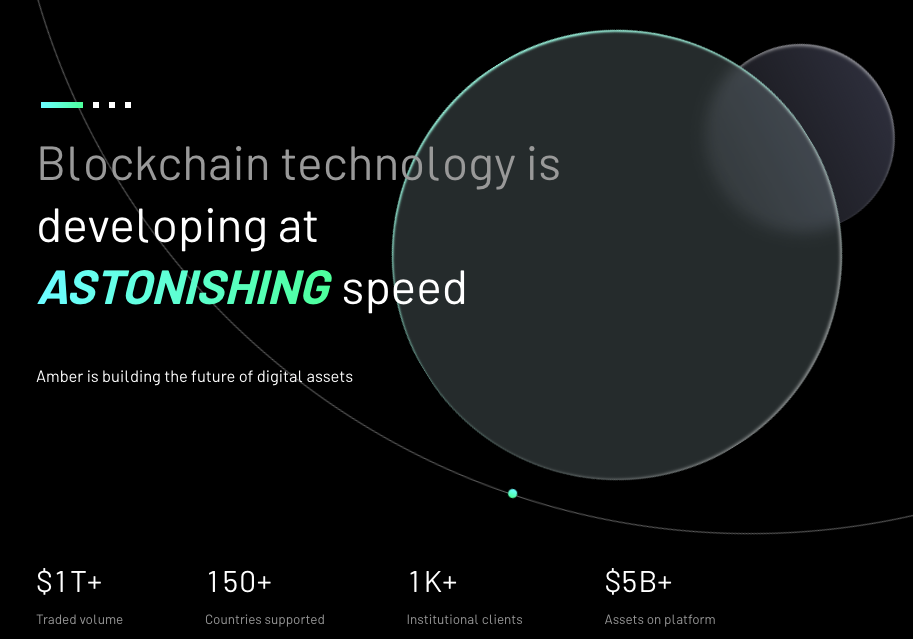
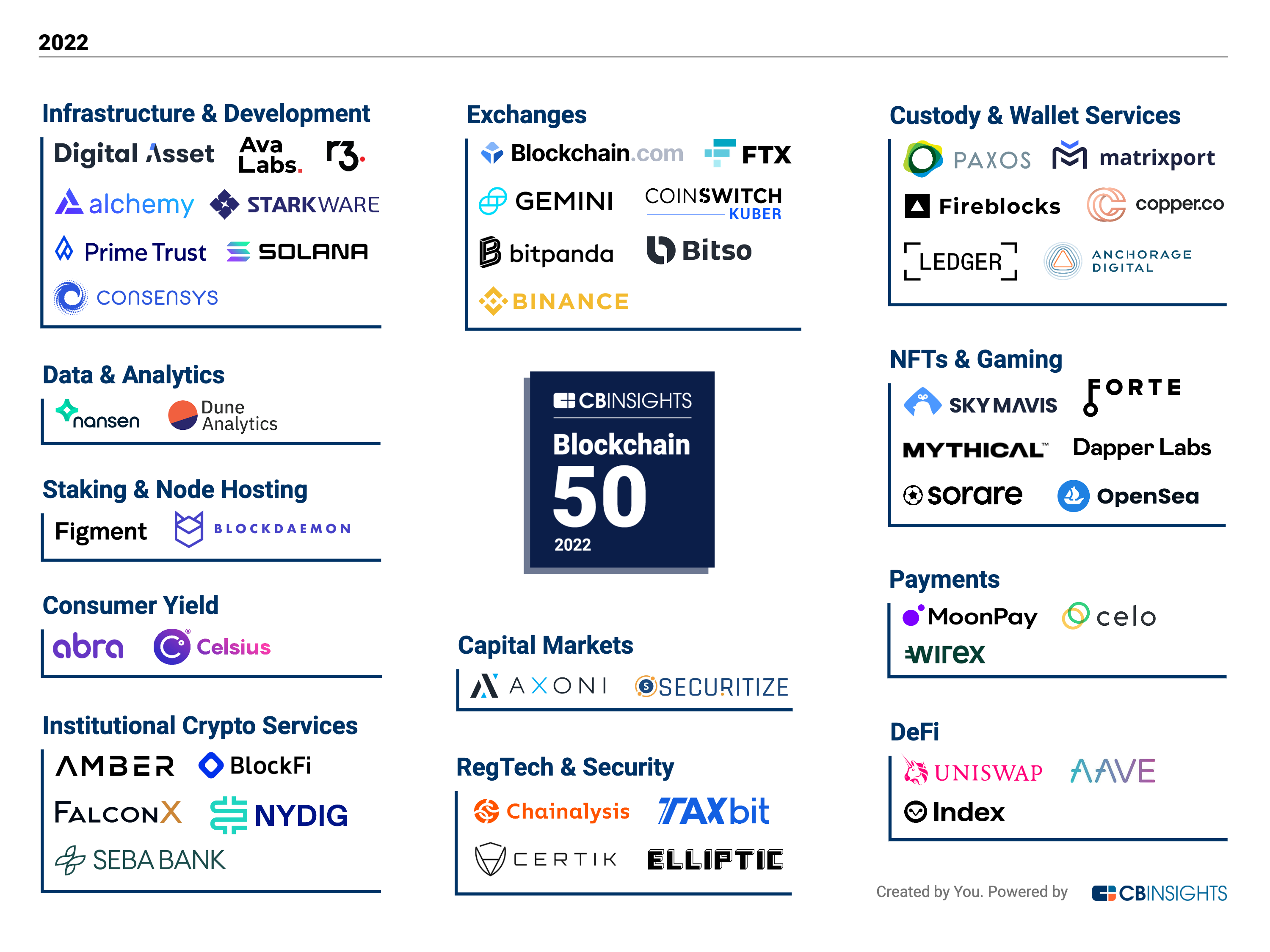
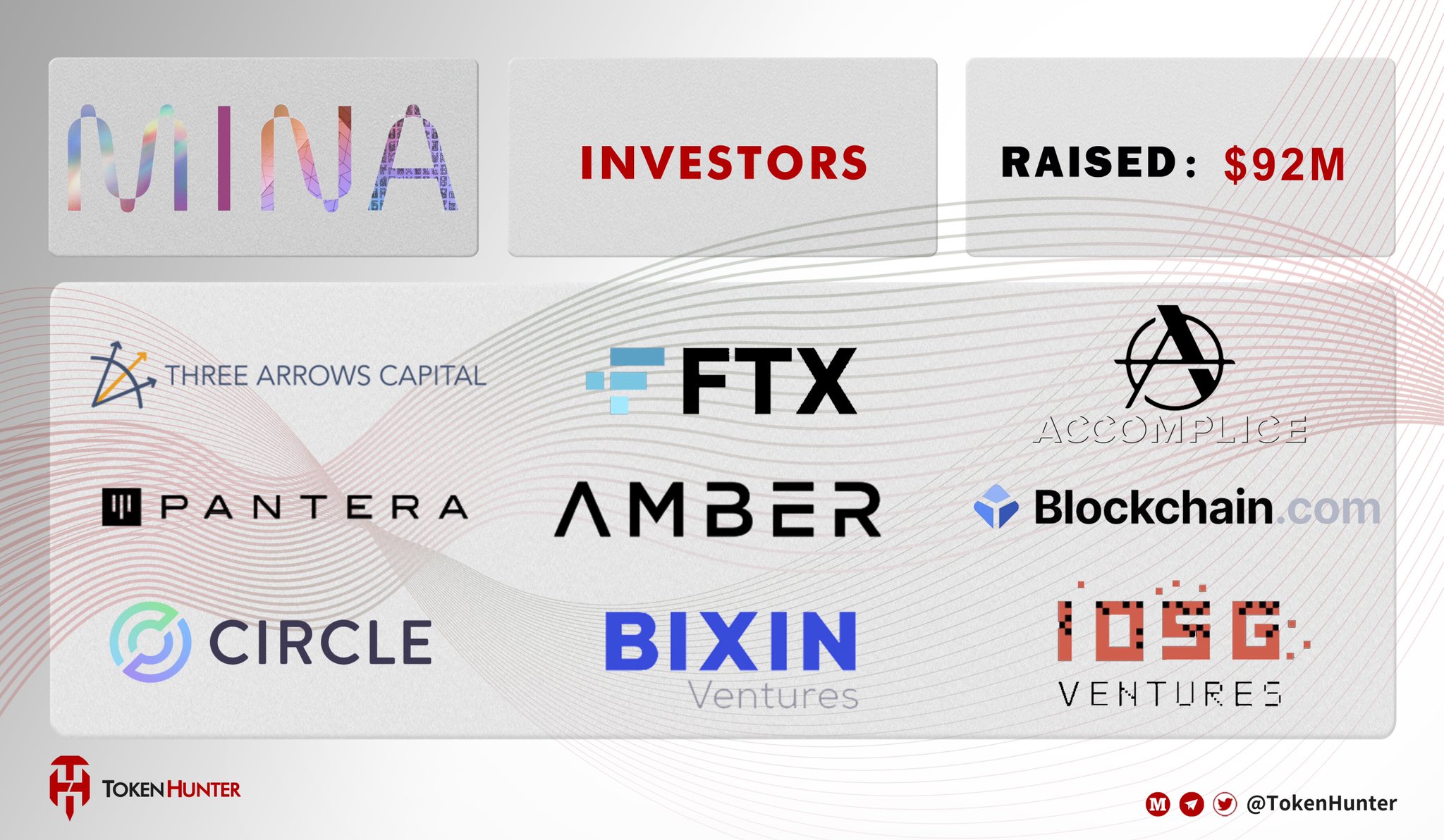



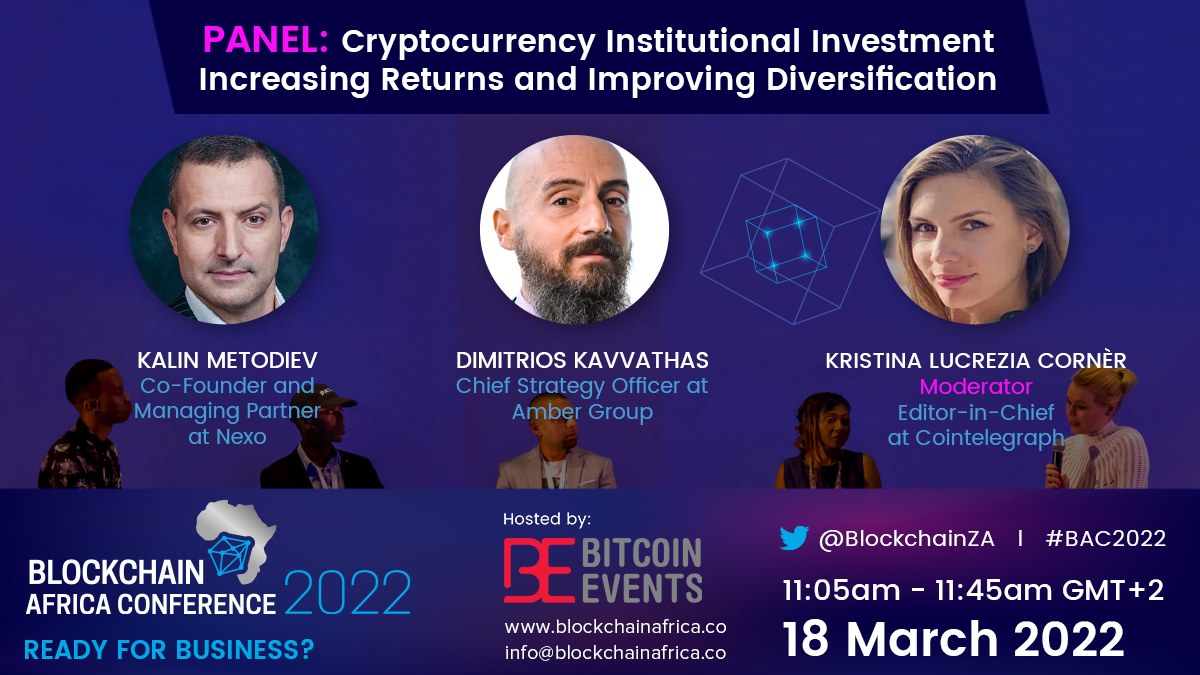
 Rear
Rear